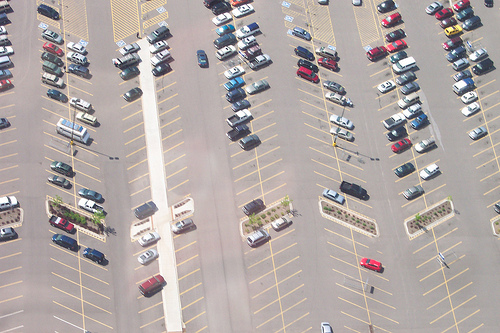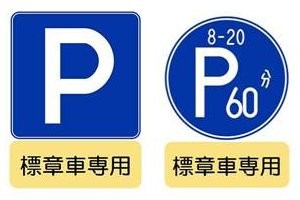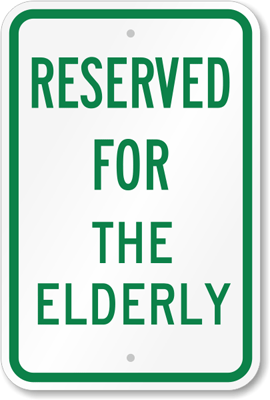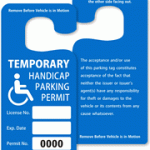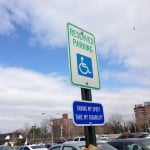Lack of senior citizen parking may cause more injuries in lots
The unregulated, hectic traffic in parking lots makes them hazardous for seniors, even more dangerous, according to Texas A&M’s study, than the roads themselves (via halseike).
According to a study by Texas A&M University, people over age 75 are 17 times more likely to have a car accident in big-lot parking areas than driving down regular streets. In addition, older folks have an 8.6% increase in injuries and fatalities related to those crashes in large parking lots.
Three factors create this risky environment. First, big box stores are usually built close to high traffic roads, aggravating an already hazardous area by adding crowds of pedestrians often more concerned with controlling their kids than maneuvering safely through a lot.
Secondly, the stores have vast, open parking lots that mix patrons on foot, in vehicles, and with carts. Cars often drive diagonally or in the wrong direction.
To make matters worse, parking lot rules are supposedly regulated by the lot owners. Ideally, parking lot managers would confront every car driving through parking spots, going the wrong way, or driving too fast, but that’s really implausible. These weak deterrents to reckless parking lot driving create an unruly environment for everyone, but the elderly are affected most.
So why is there a significant elevation in injuries amongst the elderly? Older people tend to have slower reaction times and declining vision, so they typically drive more carefully and at slower speeds to compensate. The hectic environment in parking lots clashes with this slow, steady driving behavior.
In Japan, the elderly community experiences similar issues. However, they have elected to create designated parking spots specifically for the elderly above age 75. Their government recognized the growing senior population’s need for more structured parking in order to prevent injury.
Drivers over 75 post this symbol on their cars in Japan (left) and park at specified locations designated by a sign (right). These signs are also posted for pregnant women and the handicapped (Via Wikimedia.org.
In the US, we give out permits for those with disabilities. Older individuals are often included, but we don’t have specific spots just for being of a certain age. Doctors don’t deem patients “old enough” for a permit, but rather “disabled enough” to warrant a handicap spot.
In truth, many seniors don’t need the extra space around their car necessary for wheelchair access, but they would benefit from the close proximity a handicap space provides. Morris Getzler, age 94, had his license renewed, but gave up his car anyway because even though he could drive to his favorite places; he’d have to walk several blocks after parking. He said, “I can’t walk that far without taking a break. I’d rather take a taxi.”
While not regulated by the state, reserved parking for the elderly can help businesses accommodate older patrons’ special needs (via Myparkingsign.com).
Some businesses have taken it upon themselves to mark designated parking spots without government regulations. You could argue that without legal fines to deter younger folks, these spaces are ineffective. However, the signage suggestion could be just as helpful as the reserved or priority seating in the front of buses and trains. Some people defer, others could care less.
In high-volume areas with scarce spacing, elderly spaces would likely be taken by the first driver, but in big-box stores with ample parking, reserved parking spaces for the elderly could prevent accidents and injury.
The correlation is clear; individuals over 75 are at a higher risk of injury when walking or driving through the parking lot of a big box store. It’s not likely to get better, either. Every year our country’s average age grows. By 2050, 20% of Americans will be over 65 compared to the 13% we have now. As our demographics change, should businesses change their parking systems to accommodate?
-A. Roitman
Related Posts
Category: No Parking











